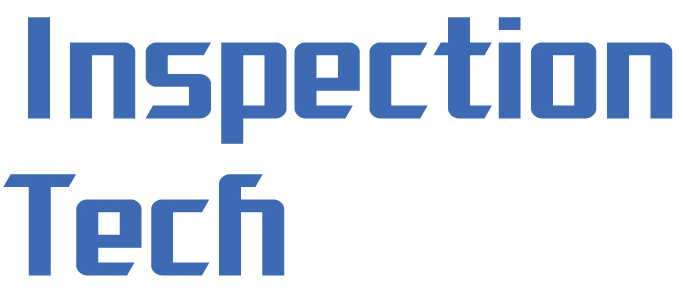Technical Library | 2015-04-29 03:48:39.0
SPI equipment is routinely used in Printed Circuit Board (PCB) manufacturing to monitor and control one of the most crucial steps affecting the finished quality of circuit board. Solder paste deposition is the key process in board assembly operations using SMT techniques. Our LSM™ system was the industry's first popular method of manually inspecting solder paste; our SE systems revolutionized SMT production by offering an automated method for performing in-process 3D inspection on the assembly line. SPI systems measure the height and volume of the solder pads before the components are applied and the solder melted, and when used properly, can reduce the incidence of solder-related defects to statistically insignificant amounts. Critical to the SPI measurement is the accuracy of the height measurement because that has a direct correlation with solder volume and defects.
Technical Library | 2008-05-28 18:41:53.0
This paper describes correlation between a true 2D area measurement (e.g. printer) and a height map generated area from a SPI system. In addition, this paper will explore the correlation between area/volume measurements and bridge detection between 2D/3D techniques. The ultimate goal is to arm the process engineers with information that can be used to make decision that will impact defects, cost, throughput and Return On Investment.
Technical Library | 2021-08-04 18:46:25.0
The process of printed circuit board assembly (PCBA) involves several machines, such as a stencil printer, placement machine and reflow oven, to solder and assemble electronic components onto printed circuit boards (PCBs). In the production flow, some failure prevention mechanisms are deployed to ensure the designated quality of PCBA, including solder paste inspection (SPI), automated optical inspection (AOI) and in-circuit testing (ICT). However, such methods to locate the failures are reactive in nature, which may create waste and require additional effort to be spent re-manufacturing and inspecting the PCBs. Worse still, the process performance of the assembly process cannot be guaranteed at a high level. Therefore, there is a need to improve the performance of the PCBA process. To address the aforementioned challenges in the PCBA process, an intelligent assembly process improvement system (IAPIS) is proposed, which integrates the k-means clustering method and multi-response Taguchi method to formulate a pro-active approach to investigate and manage the process performance.
| 1 |

Our Company handle AOI (Auto Optical Inspection) and SPI (Solder Paste Inspection) Machines.
Equipment Dealer / Broker / Auctions
Hwaseong-si, Gyeonggi-do, Korea
Hwaseong-si, South Korea
Phone: +82-1029254936